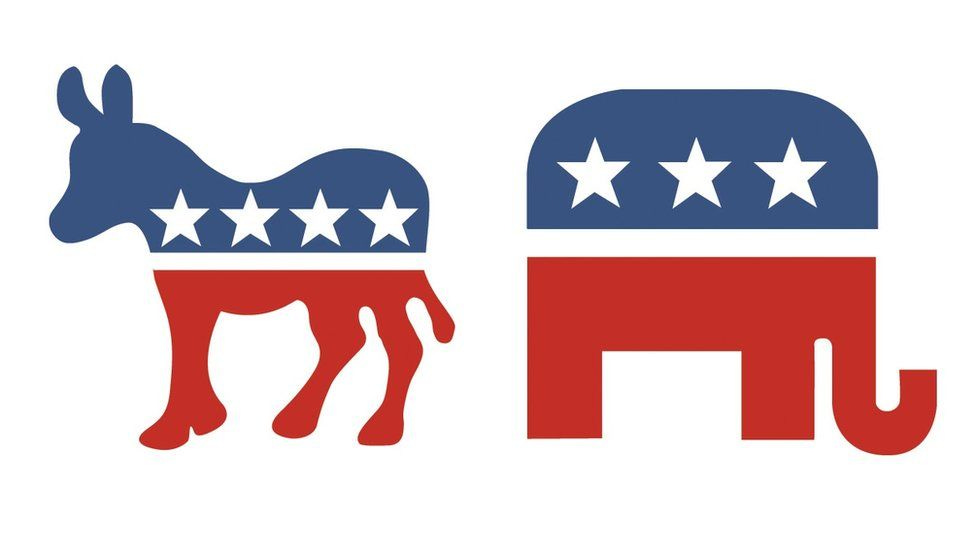Politics, Partisans, and the Church
Written for Covenant, blog of The Living Church, October 7, 2016
Donald Trump has floated the idea of repealing the Johnson Amendment, which bars nonprofits, including religious institutions, from making political endorsements or openly partisan statements.
I’m agnostic about the Johnson Amendment. I can imagine that, should it be repealed, the activities some Christians would engage in would be unwise, but churches got along before it. Even with the amendment, the Religious Right has managed to alienate much of the nation, and many old-line denominations have alienated a good percentage of the people who formerly filled their pews.
Be that as it may, the proposal should lead us to consider the ways in which the Church should or shouldn’t be political.
My basic thesis is simple: It is intrinsic to the nature of the Church to be political. It can’t be avoided. In relation to the world as it is, the Church offers an alternative politics. Even the name church, deriving as it does from assembly (ekklesia), indicates its political reality. In the ancient world, the word sometimes referred to the governing body of the polis, or ancient city.
Nevertheless, I recognize that some may chafe against my use of political, taking it as they do to mean something fundamentally partisan. The fact that it is strange for us to think of the political, divorced from the dominant parties of our political system, illustrates something of the problem.
Ostensibly, the very fact that we have a political system — a social ecosystem or ordering of society — within which the parties function should demonstrate that political rightly has a broader connotation than the parties. The parties (and not only the big two) represent, at their best, different philosophies of, or approaches to, ordering our common life as a nation. But by and large, on the most important matters, their differences relate to prudential decisions about how to prioritize issues, or what manner of solution to offer.
The tools they use to till our societal soil, and the seeds they plant, are partisan. The tilling and planting is politics.
The Church, then, is by nature political, but it is not naturally or normatively partisan. At exceptional times, the politics of the Church may require taking up a partisan banner, but such times are exceedingly rare. Partisanship is most often counterproductive to the Church’s immediate political goal: demonstrating to the world a different way of being a community, proclaiming God’s kingdom to an earthly empire, and relativizing all earthly loyalties in light of the cross.



